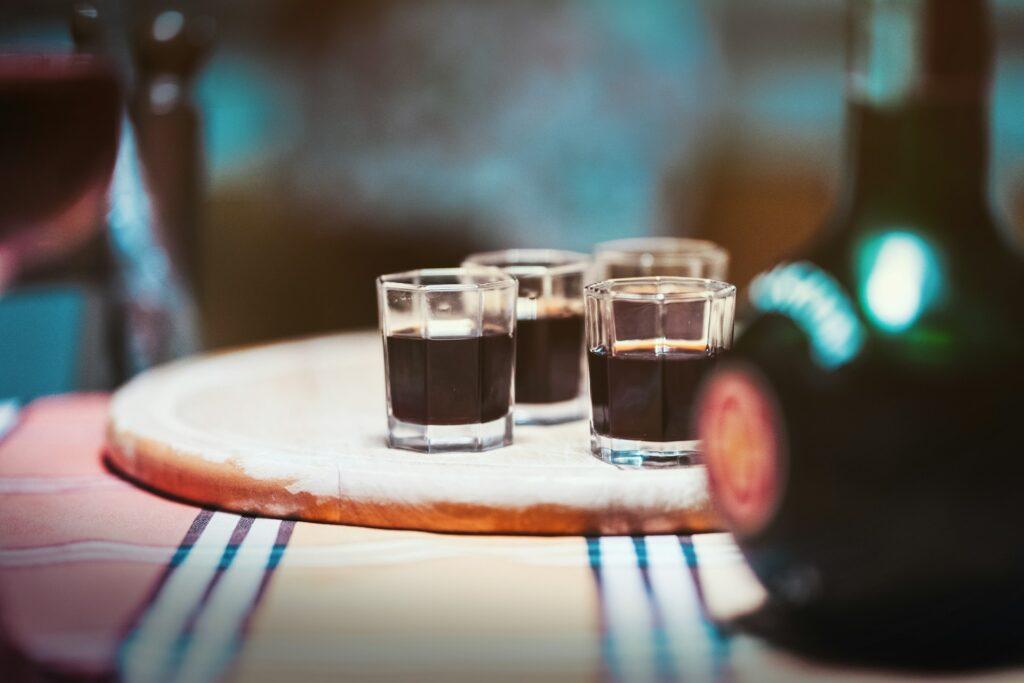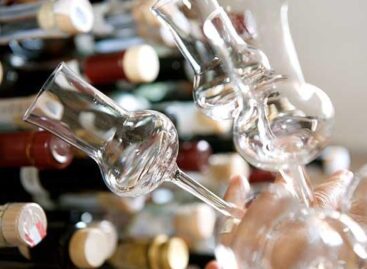Distilling season is starting – these are the things private distillers should pay attention to
With the ripening of fruit, not only the canning season begins, but also the season of distillation. Many people make spirits for their own consumption, but in addition to expertise, compliance with legal requirements is essential – the National Tax and Customs Administration (NAV) emphasizes.
 The most important rule is that any private distiller over the age of 18 who grows their own fruit may produce spirits from their own fruit or from raw materials derived from it. However, in a given year, a household can either produce as a private distiller or use a contracted distillery – doing both simultaneously is not permitted. As a private distiller, a maximum of 86 liters of spirits can be produced tax-free annually, and in households with multiple distillers, the annual allowance is cumulative per person.
The most important rule is that any private distiller over the age of 18 who grows their own fruit may produce spirits from their own fruit or from raw materials derived from it. However, in a given year, a household can either produce as a private distiller or use a contracted distillery – doing both simultaneously is not permitted. As a private distiller, a maximum of 86 liters of spirits can be produced tax-free annually, and in households with multiple distillers, the annual allowance is cumulative per person.
The spirit may only be produced using a still with a maximum capacity of 100 liters, owned individually or jointly. The acquisition of the equipment must be reported to the local municipality, and any changes to the reported data must also be submitted within 15 days. While an excise license is not required, proof of purchase must be retained and presented during inspections.
The distillation process must also be reported to NAV. The necessary declarations can be submitted electronically via the Online Form Filling Application (ONYA).
-
Homemade stills must be reported on form NAV_J37.
-
Before beginning distillation, the intention to produce must be declared on form NAV_J49, based on which the authority issues a certificate of origin for the spirits produced.
-
If the actual quantity produced differs from the declared amount – but does not exceed 86 liters – a supplementary declaration must be filed by the end of the year, also using form NAV_J49.
-
Quantities exceeding 86 liters must be reported on form NAV_J42, and the surplus must be destroyed in a manner agreed with the authority.
It is important to note that privately distilled spirits may only be consumed by the distiller, their family members, and guests, and may only be sold to licensed bonded warehouses.
NAV emphasizes that by following the rules, home distillation can be carried out legally and safely. At the same time, every private distiller is advised to complete the required declarations in due time.
Related news
The National Pálinka Excellence Program 2025 awards were presented
🎧 Hallgasd a cikket: Lejátszás Szünet Folytatás Leállítás Nyelv: Auto…
Read more >








